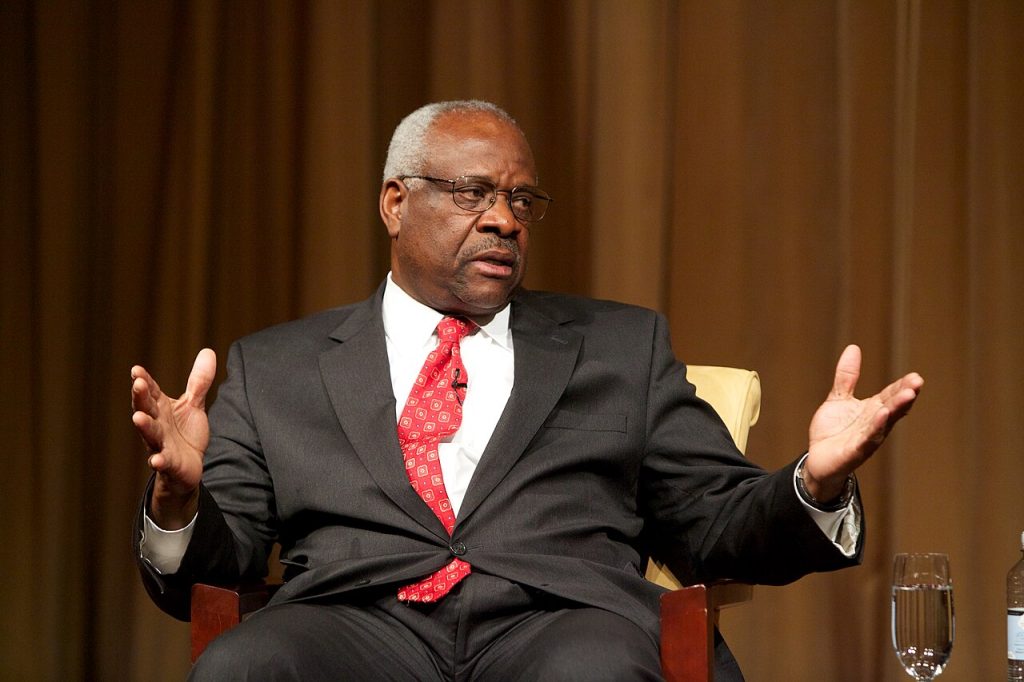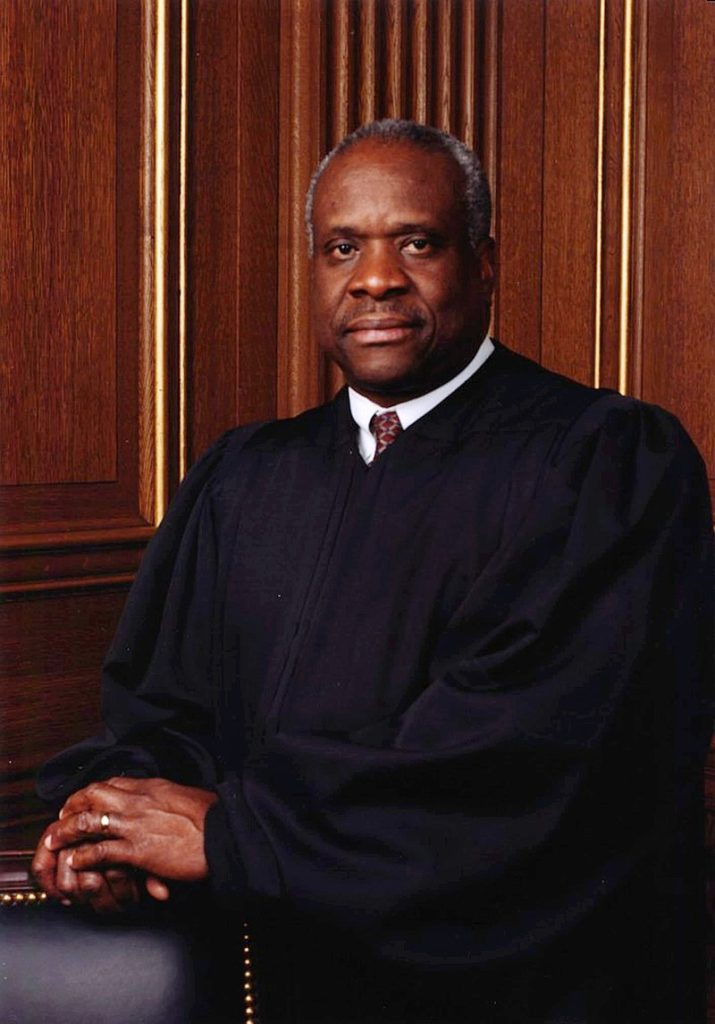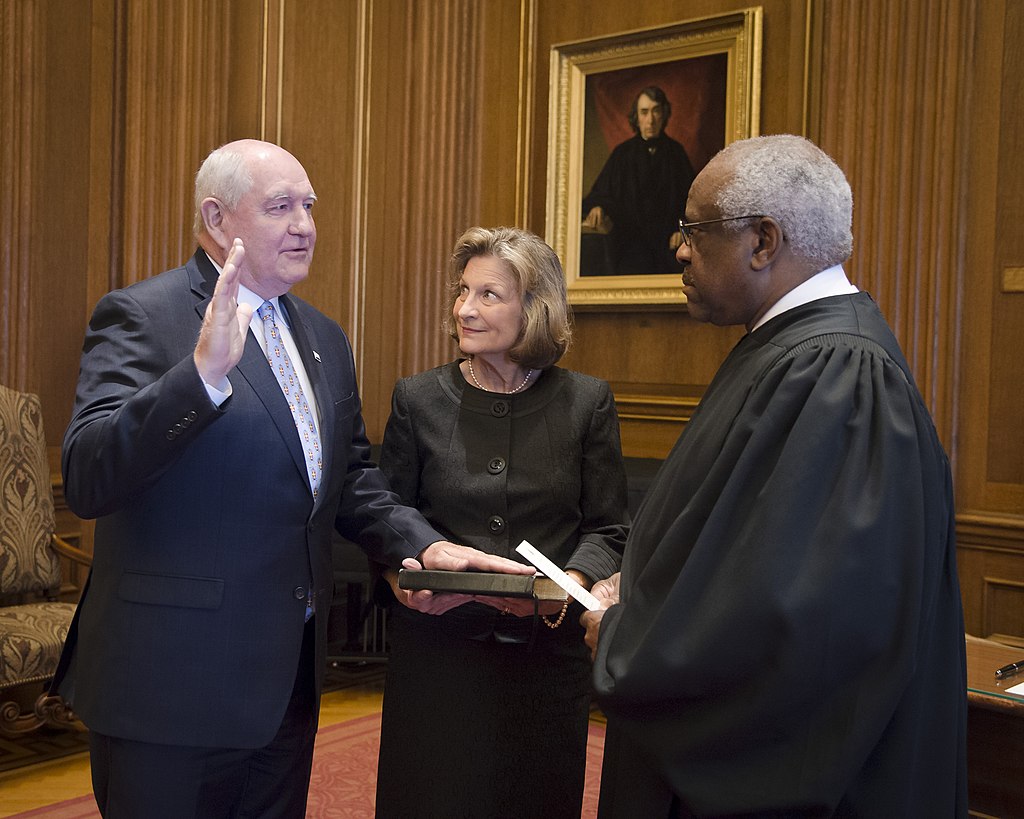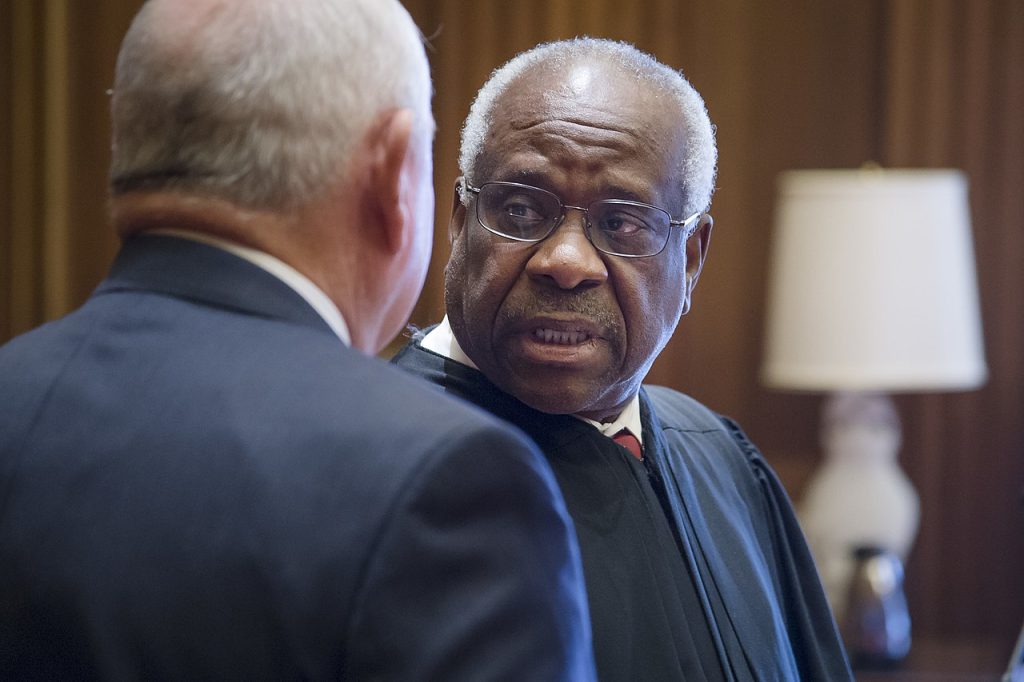Clarence Thomas, a Supreme Court justice, has been repeatedly involved in scandals due to his failure to disclose various financial transactions.

His latest controversy involves a luxury motorcoach he purchased in 1999 with a loan from a wealthy benefactor, Anthony Welters. Thomas failed to report this loan and its subsequent forgiveness on his annual financial disclosure statements.

Documents reveal that Thomas made minimal interest payments on the loan and received a note from Welters in 2008 stating that no further payments were needed because the interest had already exceeded the loan amount.

The Senate Finance Committee concluded that Welters forgave a substantial portion, if not all, of the loan, which should have been disclosed by Thomas.

Thomas has a history of omitting required information from his financial disclosures, including his wife’s employment, lavish vacations, private jet travel, bank accounts, and gifts from wealthy individuals. He often categorized gifts as reimbursements to avoid reporting their value accurately.

Despite being called out for these omissions, Thomas has provided dubious excuses, such as misunderstanding disclosure instructions or claiming omissions were inadvertent. However, in this case, there is no plausible excuse for his failure to disclose the forgiven loan.

Calls for the Supreme Court to adopt an ethics code have intensified with each new revelation about Thomas’s financial dealings.

Although some justices have expressed support for such a code, it’s uncertain how effective it would be in curbing Thomas’s behavior, given his history of flouting ethics statutes and regulations.

Perhaps the court should consider adopting Canon 2 from the Code of Conduct for United States Judges, emphasizing the importance of avoiding impropriety and the appearance of impropriety in all activities, as a message to Thomas and other justices.





